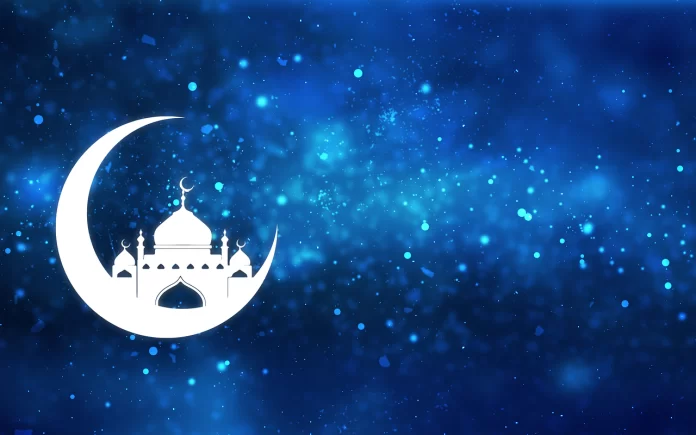In the tapestry of Islamic traditions, the last 10 days of Ramadan hold profound significance. As believers embark on a journey of self-reflection and spiritual rejuvenation, these final days become a sanctuary of devotion and worship. Understanding the essence of these sacred days enriches one’s spiritual experience and fosters a deeper connection with the Divine.
Embracing the Holiness: The Significance of the Last 10 Days
The last 10 days of Ramadan mark the pinnacle of spiritual intensity for Muslims worldwide. This period is known for its unparalleled blessings and opportunities for redemption. It is believed that within these nights lies Laylat al-Qadr, the Night of Power, a night that surpasses a thousand months in its significance. Muslims seek to maximize their devotion during this period, striving for forgiveness and divine favor.
The Pursuit of Worship: Acts of Devotion during the Last 10 Days
Prayer, recitation of the Quran, and charitable deeds take precedence during the last 10 days of Ramadan. Muslims engage in extra prayers, particularly Taraweeh, to draw closer to Allah. They immerse themselves in the recitation of the Quran, reflecting on its guidance and wisdom. Additionally, acts of charity and compassion are emphasized, as believers seek to share their blessings with those in need.
Vigilance and Reflection: Observing Itikaf
Itikaf, the practice of secluding oneself in the mosque for spiritual reflection and devotion, is highly encouraged during the last 10 days of Ramadan. This tradition allows believers to detach from worldly distractions and focus solely on their relationship with Allah. Itikaf fosters a deep sense of introspection and connection, enabling worshipers to immerse themselves fully in prayer and meditation.
Seeking Laylat al-Qadr: The Night of Power
Laylat al-Qadr, the Night of Power, is believed to occur within the last 10 days of Ramadan, with the exact date concealed within this sacred period. Muslims fervently seek this blessed night, engaging in vigil and prayer to reap its abundant rewards. It is a night of forgiveness, mercy, and divine intervention, where sincere supplications are answered, and sins are pardoned. Capturing the essence of Laylat al-Qadr requires dedication and spiritual resolve, as believers aspire for spiritual elevation and guidance.
The Spiritual Climax: Eid al-Fitr
As the last 10 days of Ramadan draw to a close, Muslims eagerly anticipate the joyous celebration of Eid al-Fitr. This auspicious occasion marks the end of Ramadan and is a time of communal rejoicing and gratitude. Families come together to share festive meals, exchange gifts, and express thankfulness for the blessings bestowed upon them throughout the month. Eid al-Fitr serves as a culmination of spiritual growth and devotion, ushering in a new beginning filled with hope and blessings.
Conclusion: Embracing the Sacred Journey
In the tapestry of Islamic traditions, the last 10 days of Ramadan stand as a beacon of spiritual enlightenment and renewal. As believers immerse themselves in prayer, reflection, and charity, they embody the essence of faith and devotion. Through dedication and piety, Muslims seek to draw closer to Allah, seeking forgiveness and divine favor. As we embrace the sanctity of these final days, may we find peace and blessings in the divine presence.


